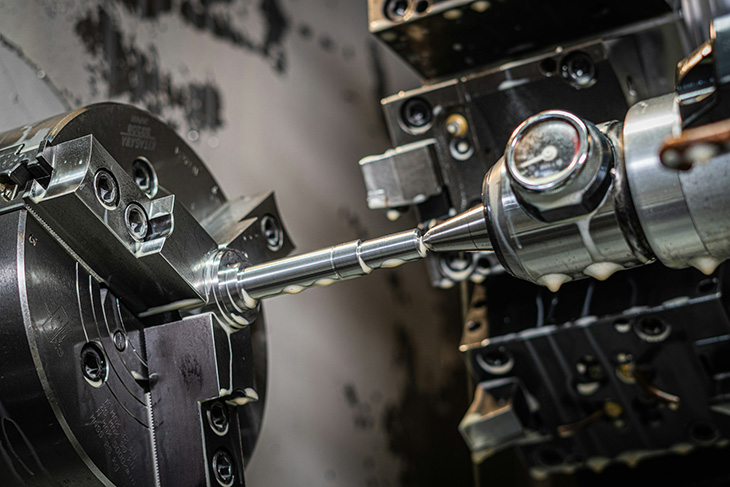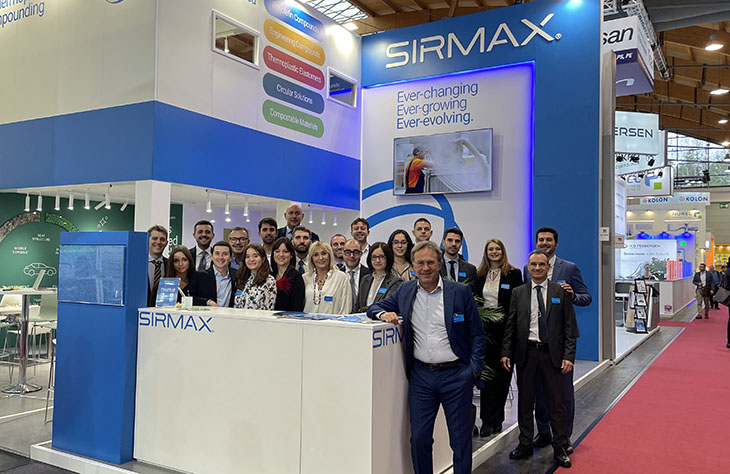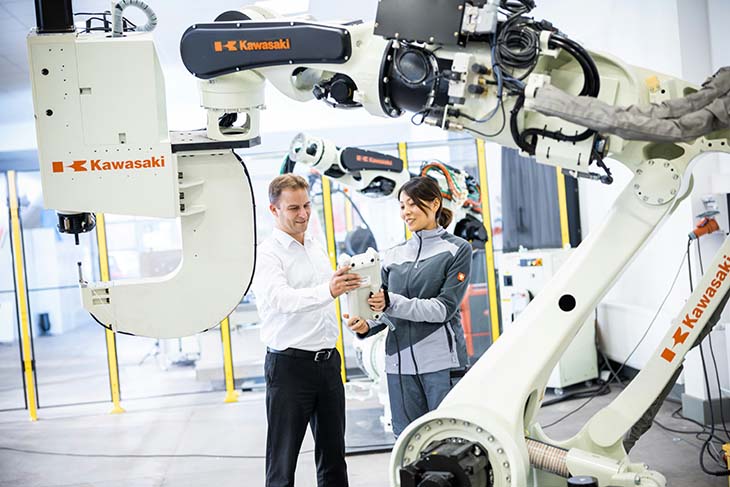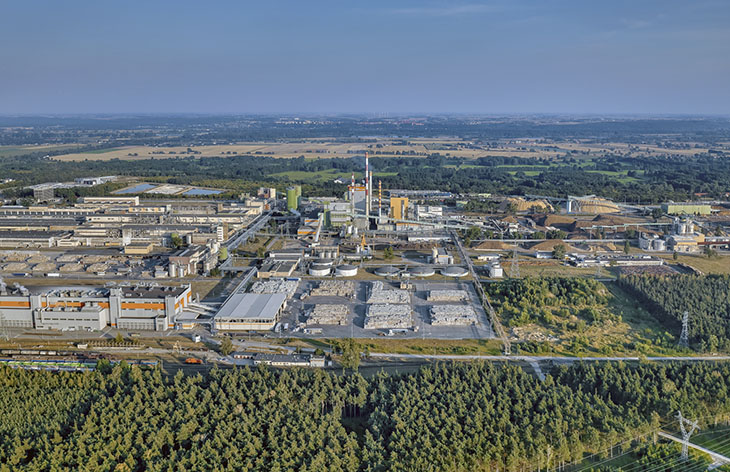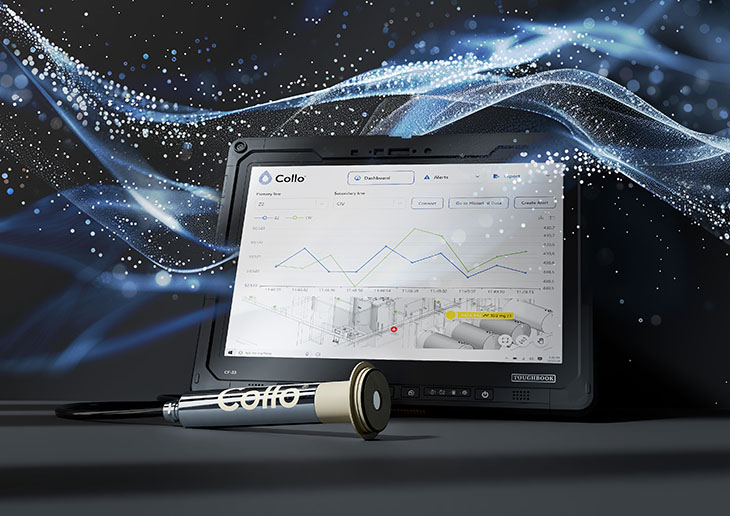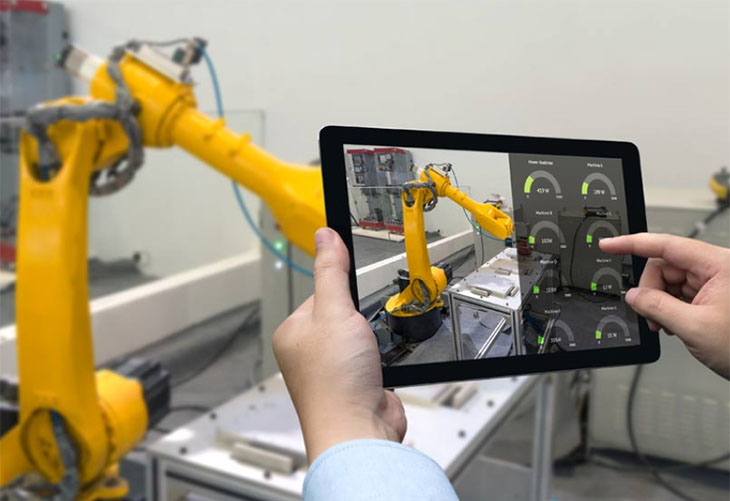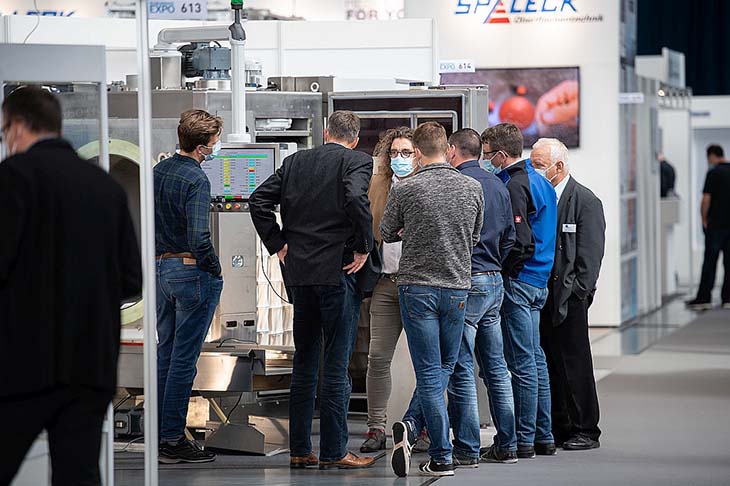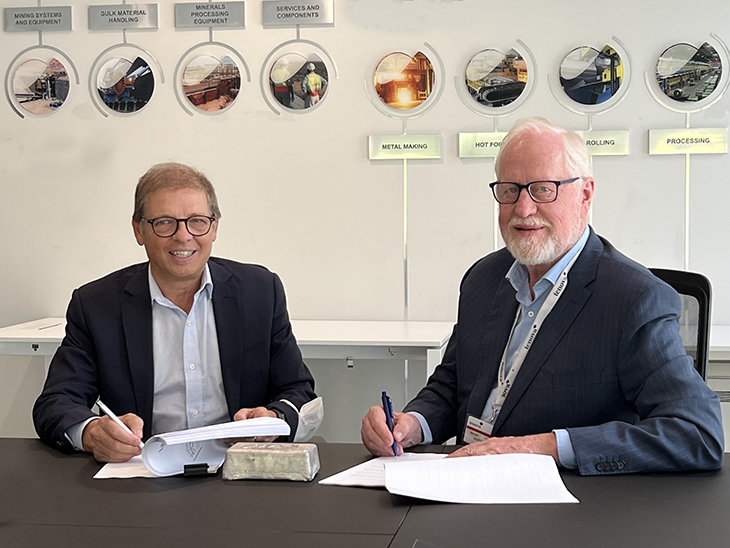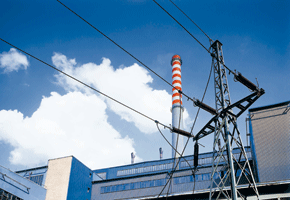The European Automobile Manufacturers' Association (ACEA) will work with its members to study the details of yesterday evening's agreement between the European Parliament and the Council on the CO2 emissions targets for new passenger cars for 2020. This agreement defines the way in which the target of 95gCO2/Km should be reached. "This is an important milestone in the negotiations, but there still is some way to go before a final agreement is voted in the plenary of the European Parliament," commented Ivan Hodac, ACEA Secretary General.
"At this stage we would simply like to stress once again that if super-credits are to achieve their aim of fostering innovation and bringing ultra low-emission vehicles to the market, they need to be applied in a more meaningful way, as is the case in other regions of the world. It is in everyone's interest to get clean vehicles on the roads, and super-credits are the only EU-wide incentive to help put on the market today the technologies of the future."
ACEA also takes note of the fact that long-term targets have not been set at this stage.
Hodac: "Today Europe’s auto industry delivers vehicles with the highest environmental standards in the world, and we are committed to continue doing so. However, it is only reasonable to first conduct proper impact assessments before fixing targets for beyond 2020 to ensure that such targets can be both ambitious and feasible."
Press release
- 3 Ways Digital Twins Are Transforming CNC Machining...
- Sirmax Group at Fakuma 2024: 60 Years of History and a Focus...
- Cobots in Quality Control: Transforming Precision and Consis...
- Mondi completes €95 million investment to boost efficiency a...
- Real time measurement helps dairies cut product loss as 2025...
- Strengthening U.S. Manufacturing: The Role of Advanced Techn...
- CRP USA Announces the Appointment of Rom Quintos as New Dire...
Most Read
Week
Month
All










